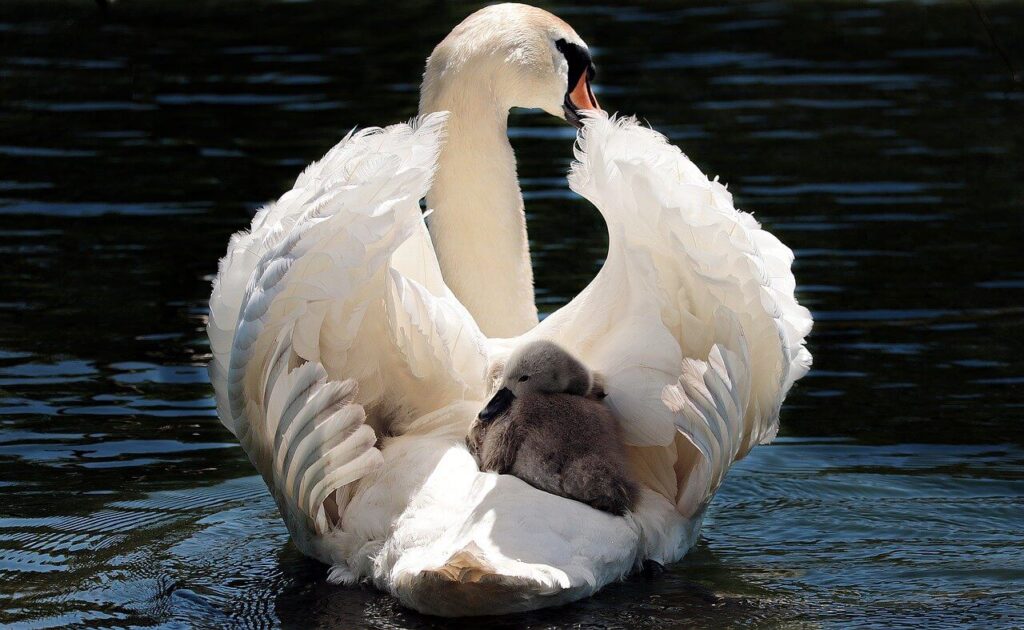Jesus said some weird stuff and the end of John 6 is the top of the list. Here Jesus talks about eating his flesh and drinking his blood to gain eternal life. It’s baffling even when we don’t take scripture literally. It’s hard to know what Jesus really intended here. Yes, it can be a foreshadowing of the Passover meal to come. Yet, I think he meant more than the eucharistic sharing of bread and cup. I suspect that all this weirdness about eating flesh and drinking blood has to do with how we live, a metaphor for embodying all that Jesus did and taught. Is this any less weird? Maybe not…
Let’s go back to Solomon, the ancient king of Israel known for his wisdom and glory. As the story goes, Solomon got to be wise and rich because he asked God for what he needed to rule the people with understanding the capacity to distinguish between good and evil. Solomon didn’t ask for wealth or power or anything else a king may have asked for. He essentially asked for compassion and wisdom. Because he had these things, wealth and power were added. Solomon thought of the people and their needs ahead of his own desires. Who wouldn’t want a king like this? Wouldn’t it be great if all leaders everywhere started with compassion and wisdom? The world would be in a different place right now. What about us, though? What would happen if each of us lived our lives by first seeking compassion and wisdom, these things ahead of all other pursuits? Talk about a different world!
Ephesians has similar advice. We are to live as wise people recognizing that the “days are evil” (maybe a different evil than in Paul’s day, but evil nonetheless). Understand the “will of the Lord.” We’re even reminded not to get drunk but to let the Spirit fill us. And the ultimate advice, give thanks to God “at all times and for everything.” If we were more careful about how we lived, would the world be a better place? I think so. Foolishness, the kind that focuses on human wants and desires and disregards God’s holy ways, is fun while it lasts. However, it often leaves pain in its wake. When we seek God’s ways, we seek wisdom and compassion. In other words we are more likely to act in ways that are actually loving toward ourselves and our neighbors. Then gratitude and praise would flow more freely.
While Jesus’ words of eating his flesh and drinking his blood are still somewhat mysterious and a bit on the gross side, reading them as a metaphor of embodiment makes more sense. Do we want eternal life? Then seek wisdom and compassion, distinguishing between good and evil in all things. Live as the embodiment of Christ, full of grace and love that can withstand breaking. Live as the embodiment of Christ who pours out forgiveness like water, leaving no one thirsty. Take the body and blood of Christ into the fullness of our lives, not just on a Sunday morning now and then. All the time. We are the living bread and the living water.
This understanding cannot be fulfilled or sustained by any of us individually. However, if we who call ourselves Christians, commit to the pursuit of wisdom and compassion first, we have the power to change the world. Seriously. Together we are the living bread, the embodiment of Christ that nourishes those who hunger. We are also the living water, the embodiment of Christ that quenches the thirst for forgiveness and life.
We keep asking God to fix what we human beings have broken. What if we take it upon ourselves to be the healing that the world needs – one person, one injustice, one hunger, one thirst at time. Alone this is impossible. Together with God, all things truly become possible. Whose with me?
For other posts on these texts go here, here, and here.

RCL – Year B – Twelfth Sunday after Pentecost – August 15, 2021
1 Kings 2:10-12; 3:3-14 and Psalm 111 • Proverbs 9:1-6 and Psalm 34:9-14 • Ephesians 5:15-20 • John 6:51-58
